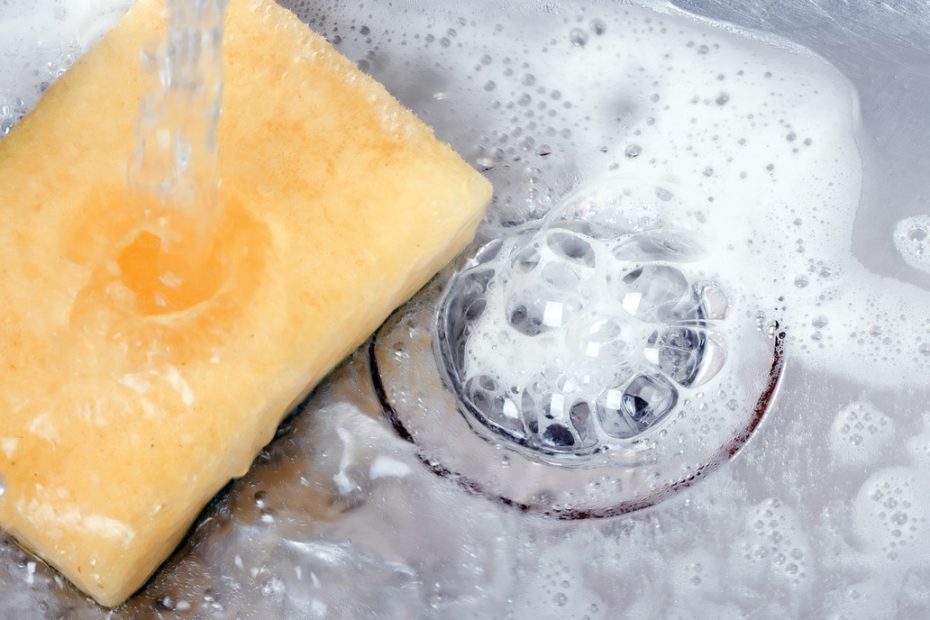We often overlook the consequences of what goes down the drain. From solvents and paints to household cleaners and cooking fat, these seemingly harmless substances can pose a serious threat to our drainage systems and the health of our aquatic ecosystems. In this article, we will explore the dangers of improper waste disposal, the impact on sewage treatment plants, and the importance of switching to environmentally friendly alternatives. Let’s dive in!
The Consequences of Improper Waste Disposal
When we pour chemicals and oils down the drain, they have the potential to damage our drainage systems and harm the environment. These substances are often difficult or impossible to remove during sewage treatment, leading to their release into rivers, lakes, and streams. To protect our waterways and aquatic life, it is crucial to understand the dangers associated with improper waste disposal.
The Role of Sewage Treatment Plants
Municipal wastewater treatment plants play a vital role in cleaning our water before it is reintroduced into natural water sources. However, many household products contain chemicals that can hinder the treatment process. The bacteria responsible for breaking down organic matter in sewage are often killed by these chemicals, impairing the effectiveness of wastewater treatment. This, in turn, allows harmful substances to persist in the water that eventually reaches our rivers and lakes.
The Environmental Benefits of Switching to Eco-Friendly Cleaning Products
By making a conscious effort to switch to environmentally friendly cleaning products, we can reduce the chemical burden in our waterways. Canadian sources recommend alternatives such as baking soda, vinegar, borax, and lemon juice, which are effective in many household cleaning tasks without causing harm to the environment. These products not only eliminate the risk of chemicals entering our water systems but also promote a safer and healthier living environment for all.
Proper Disposal of Hazardous Waste
Certain household products, including turpentine, motor oil, and paint, should never be poured down the drain. Instead, it is essential to deliver them to designated household hazardous waste depots for proper disposal. By taking proper care when disposing of these hazardous materials, we contribute to the protection of our waterways and prevent potential contamination downstream.
Conclusion
It is our responsibility to ensure the health and well-being of our water ecosystems. By practising proper waste disposal and switching to environmentally friendly cleaning products, we can reduce the chemical burden on our waterways and promote a cleaner, safer environment for future generations. Let’s make a conscious effort to watch what goes down the drain and protect our precious water resources.
